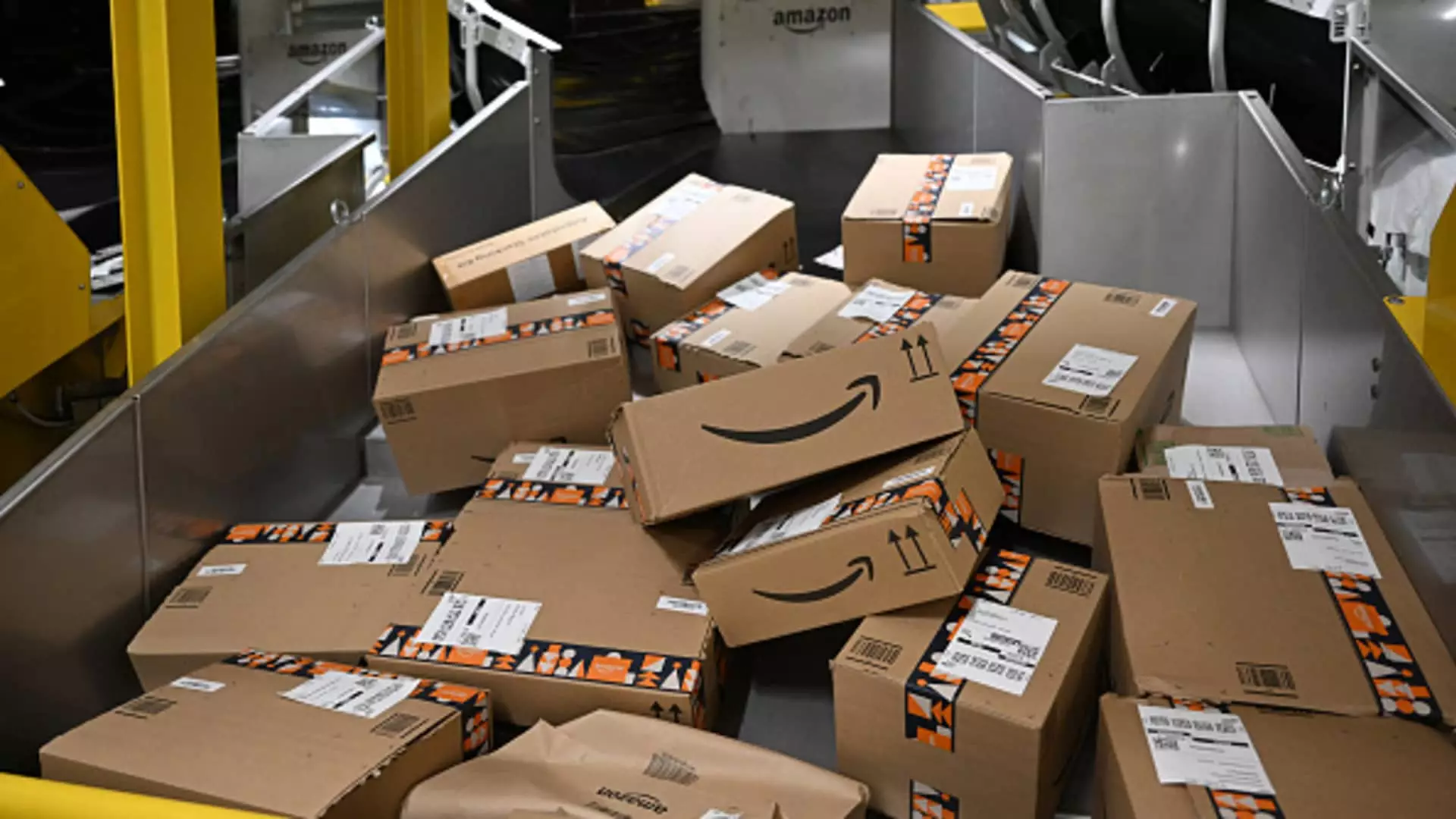The recent scrutiny of Amazon by German antitrust regulators underscores a critical issue in the realm of e-commerce: the monopolistic tendencies of large platforms and their impact on fair competition. The Federal Cartel Office (FCO) has expressed grave concerns regarding Amazon’s pricing mechanisms for third-party sellers, suggesting that these practices could infringe upon competition laws. It’s not just a regulatory warning; it’s a wake-up call for anyone who values a level playing field in online retail.
At the heart of the controversy lies Amazon’s algorithm-driven pricing system, which ostensibly aims to ensure fair pricing for consumers. However, there’s a dark underbelly to this noble-seeming intention. By employing complex algorithms and statistical models to regulate pricing, Amazon has the power to dictate which products are deemed competitively priced and which are not. This results in products being demoted in visibility, excluded from advertisements, or stripped of the coveted buy box — the prime real estate of online sales. It’s troubling to consider how such automated systems can inadvertently stifle innovation and competitiveness among small and medium-sized sellers.
Market Manipulation Under Guise of Consumer Protection
Amazon’s defense of its practices hinges on the argument that they are ensuring a better shopping experience for consumers. A spokesperson for the company firmly stated that any regulatory intervention could lead to increased prices for customers, suggesting that removing the tools Amazon uses to curate its marketplace would result in “uncompetitive or even abusive pricing.” But this narrative is dangerously misleading; it simplistically frames the issue as a binary choice between consumer protection and seller autonomy.
In reality, Amazon’s algorithms are less about protecting consumers and more about maintaining their own dominance over the market. By controlling the visibility and availability of third-party sellers based on pricing, they effectively create a barrier to entry for smaller competitors who may not have the resources to play this game. This manipulation of market dynamics comes at a cost: a homogenized marketplace that risks stifling diversity and innovation.
The Implications for Retail Landscape
President of the Federal Cartel Office, Andreas Mundt, articulated a significant concern: Amazon’s practices not only endanger individual sellers but also disrupt the broader retail ecosystem. When Amazon leverages its size and market position to influence pricing, it upends the natural competitive landscape that should ideally favor those offering better value and service. This undermines the very essence of fair competition—a principle that is supposed to empower both consumers and sellers alike.
Moreover, the implications extend beyond Germany’s borders. With the U.S. Federal Trade Commission (FTC) also investigating Amazon’s pricing strategies, the ramifications of these practices could resonate loudly across the Atlantic. If regulators find a way to impose meaningful changes on Amazon’s pricing algorithms, it may signal a turning point in how tech giants operate and an awakening of regulatory oversight that could reshape the future of e-commerce globally.
A Call to Action for Regulators
The existing regulatory frameworks must evolve to keep pace with the complexities of modern e-commerce. Antitrust laws were created to prevent market monopolies, but they have often lagged behind technological advancements. Regulators should not only analyze the practices of giants like Amazon; they also need to adopt a proactive approach that anticipates the challenges presented by such conglomerates. Ensuring that innovative small sellers can thrive is essential for a healthy retail environment.
As the digital market continues to expand, it is imperative that regulators deal with distorted competitive practices like those exhibited by Amazon. The potential for manipulation in online commerce poses a significant risk not only to the vitality of smaller businesses but also to consumer choice and fair pricing. The stakes are high, and the consequences of inaction could lead to a monopolistic landscape that ultimately disadvantages everyone except the giants monopolizing the marketplace.


Leave a Reply